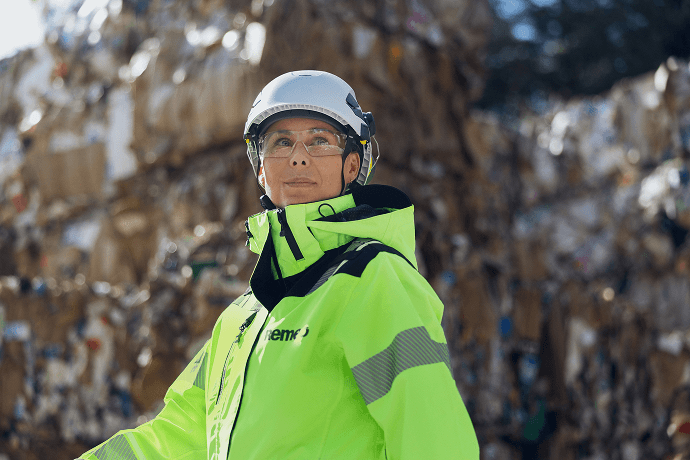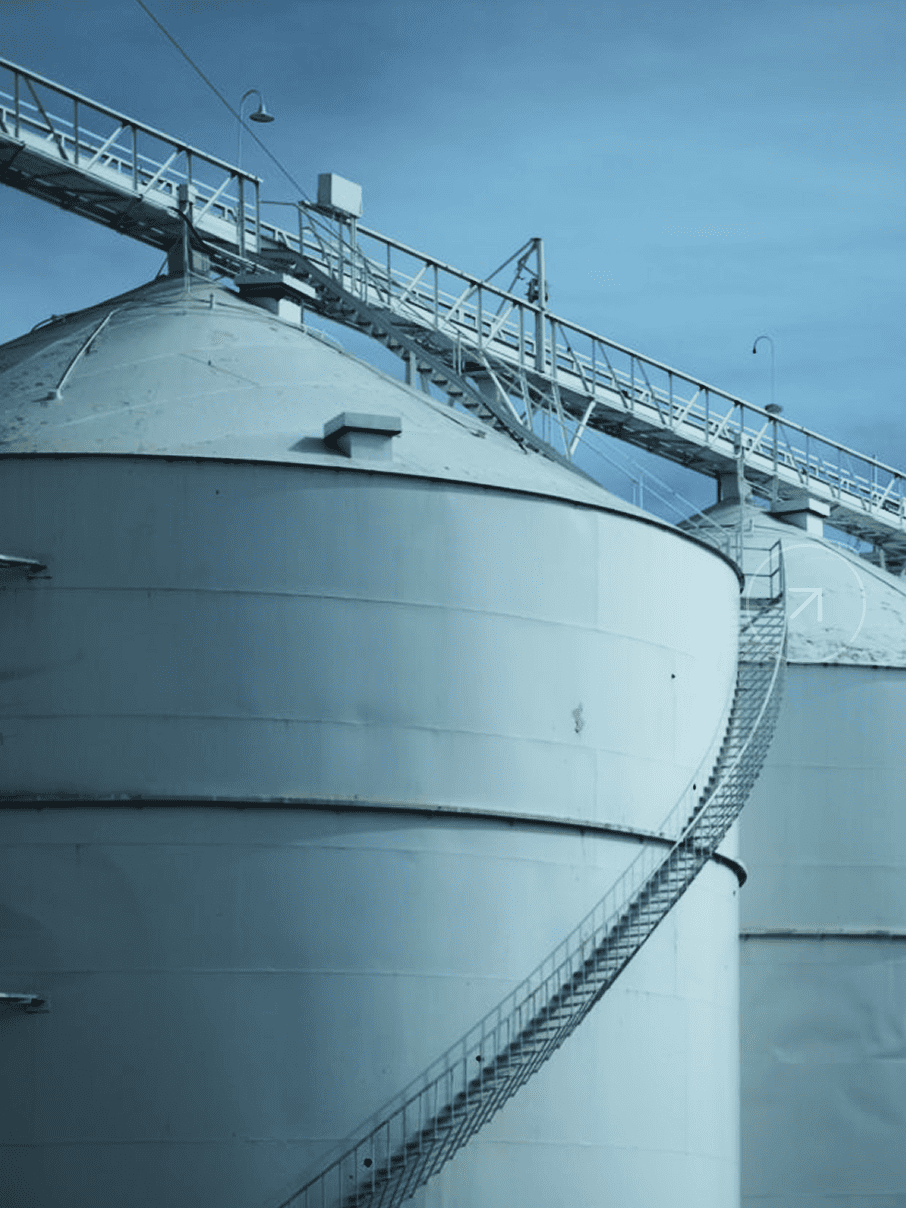Waste management for trade and services

Why choose us as your waste management partner for the retail and service sectors




Waste management for retail stores and commercial properties
We understand the waste management needs of retail stores both from the perspective of individual shops and entire commercial properties. We design waste management solutions so that sorting, waste containers, and routes support your store’s operations and customer flow. For example, we take into account food waste and accessible routes from the very beginning. Together, we make your waste management safe, cost-effective, and genuinely easier in everyday life.


Waste management for hotels and restaurants
We offer waste management solutions tailored to the needs of hotels and restaurants, combining cleanliness, efficiency, and responsibility. We understand the industry’s specific requirements, such as handling kitchen waste, space limitations, and hygiene standards. We design waste management systems to make sorting as easy as possible for your staff and to use limited space wisely. This way, waste management becomes a seamless part of your hotel’s or restaurant’s daily operations.
Waste management for car dealerships and repair shops
We provide your car dealership or repair shop with a waste management solution that streamlines your daily operations and helps you achieve your sustainability goals. We start with an initial assessment to design waste collection systems and sorting instructions tailored to your business. We take care of collecting waste oils, batteries, and other hazardous waste, as well as recycling electrical and electronic scrap in compliance with regulations. Additionally, we offer regular reporting and training to support continuous improvement of your waste management.

Explore our services
Remeo’s waste processing facility boosted Stockmann’s recycling rate beyond targets

Get in touch

Continuously improving waste management
Developing waste management and monitoring its goals requires data. These goals typically relate to the recycling rate, total waste volume, or the quantity of specific waste types, as well as the associated costs. By reviewing and analyzing this information, we can identify areas for improvement in waste management and determine the necessary actions to achieve the objectives.


